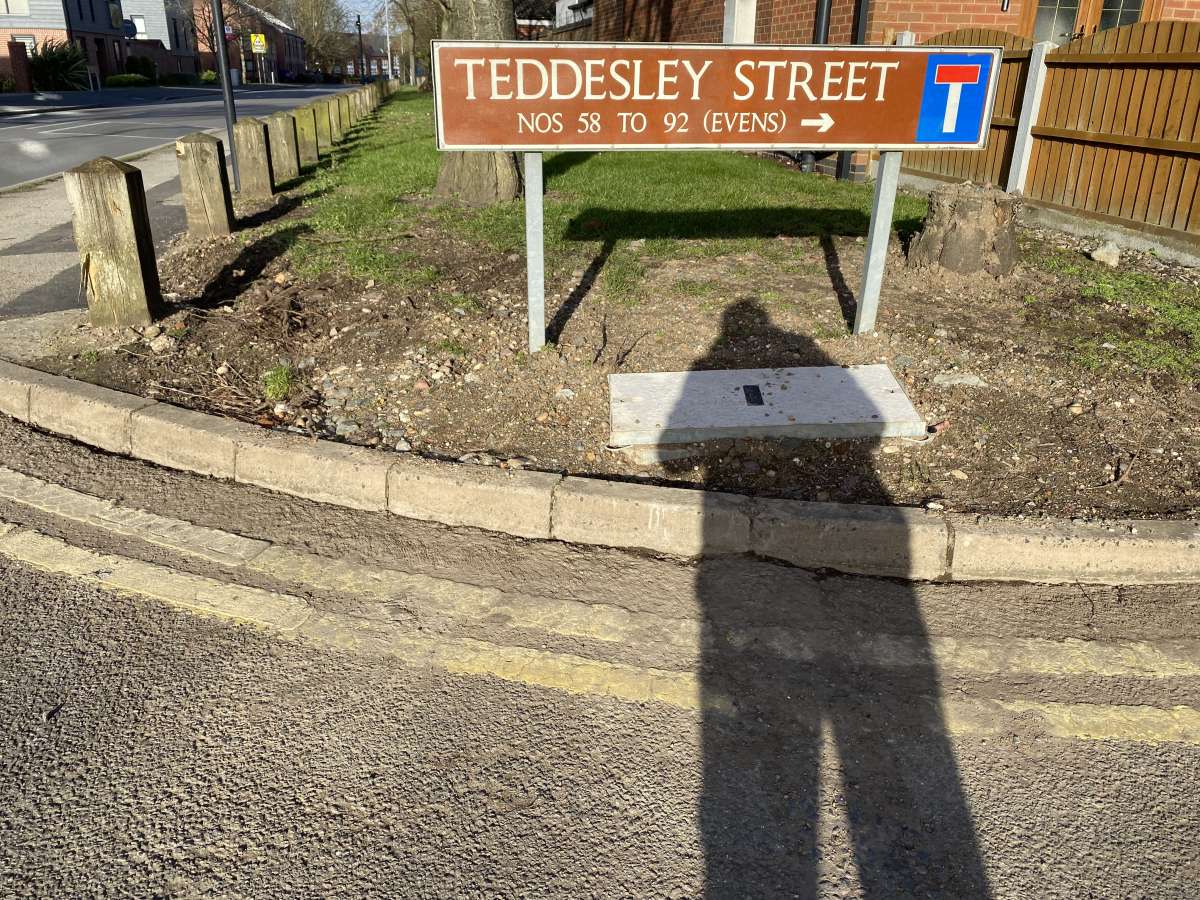Most access providers can deliver broadband from a range of service providers and I think this may be a regulatory requirement. So on an Openreach line you can subscribe to Vodafone, Sky, EE etc as well as BT. Likewise most offer voice over IP service and number portability so you can have a “fixed” phone if you want to.
That’s broadly true, at least in theory, but I suspect what’s on the ground makes a difference.
My mum is a TalkTalk customer, but her connection is actually provided by BT. When her phone went wrong, BT knew nothing about it, I had to report the fault to TalkTalk, who pass it on to BT, who send an OpenReach (BT) engineer out to climb the pole and fix it. In her example, all the infrastructure between TalkTalk and mum is provided and maintained by BT. This is a very common arrangement, and fairly easy to switch provider.
Next door gets his fibre network from an independent. They’ve run a fibre cable from a box at the end of the road all the way into his home, and his original BT phone line is disconnected. The fibre is strung between BT owned telegraph poles. It’s not clear where the fibre connects to the internet. Might link to a trunk laid along along the main road by the independent about a mile away, but there’s no sign of any road works or poles to support that. I suspect it’s connected to a nearby BT Green Box, and uses BT’s internet backbone. Other customers probably connect direct to the independents backbone, depending on what’s available locally.
The arrangement is complicated and I’ve no idea who fixes what when it breaks. For example, if a car crashes into a pole, BT will fix my telephone wire, but I guess not my neighbour’s fibre because that belongs to someone else. I don’t know what happens if my neighbour switches to another provider: presumably, they re-use the existing fibre if they can, or lay a new one if they can’t.
A case of sins of the fathers I think. In the good old days the GPO were an aggressive government owned monopoly, positively holding the British economy back by slow, expensive delivery of out-dated underperforming technology. Not entirely their fault, because modernisation required the owner (government) to invest, which they were extremely reluctant to do, not least because tax cuts are much more popular than tax increases! The answer was privatisation, which allowed BT to borrow money commercially, but only if they weren’t a monopoly. Unfortunately, the monopoly was broken by creating a kind of artificial market: it mostly works, but adds a lot of complexity, which customers hate when it goes wrong. You ring up to complain about your phone, only to find complaints are managed by the English National Opera! A similar approach was taken with many other public sector services. Results have been mixed, the state of the railways is ‘quite interesting’! Is it really sensible to run the Post Office and Royal Mail as two separate businesses?
The same issue occurs in commerce too. Boeing are in the poo at the moment because their latest jet has been involved in too many embarrassing safety incidents. Root cause appears to be quality control problems resulting from a decision to separate Boeing into two separate companies.
The original Boeing is now an assembler, and most of their manufacturing side was sold off. Previously, Boeing had complete control of both operations, now they don’t. After separation, it seems Boeing subjected the manufacturing side to cost-cutting, causing a relationship problems with their key supplier. They aren’t friends!
Boeing remain wholly responsible for the safety of their aircraft, but now have to deal with a third party, who may or may not be responsible for quality control. What should be confirmed during manufacture, or assembly, or both isn’t clear, and having sold the manufacturing arm off, Boeing have no direct control over it. The separation, intended to save money, has instead created a massive problem. Boeing as assembler, and the ex-Boeing manufacturing side, are both technically competent, but separating them appears to be a bad command and control mistake.
Be interesting to see what happens: I wouldn’t be surprised to see Boeing trying to buy manufacturing back. That’s likely to cost them a bomb because the manufacturing arm is worth whatever Boeing are prepared to pay for it, and Boeing are over a barrel.
It’s an interesting example of how solving one problem creates another.
Dave
 Michael Gilligan.
Michael Gilligan.




